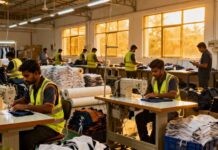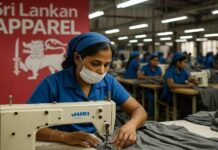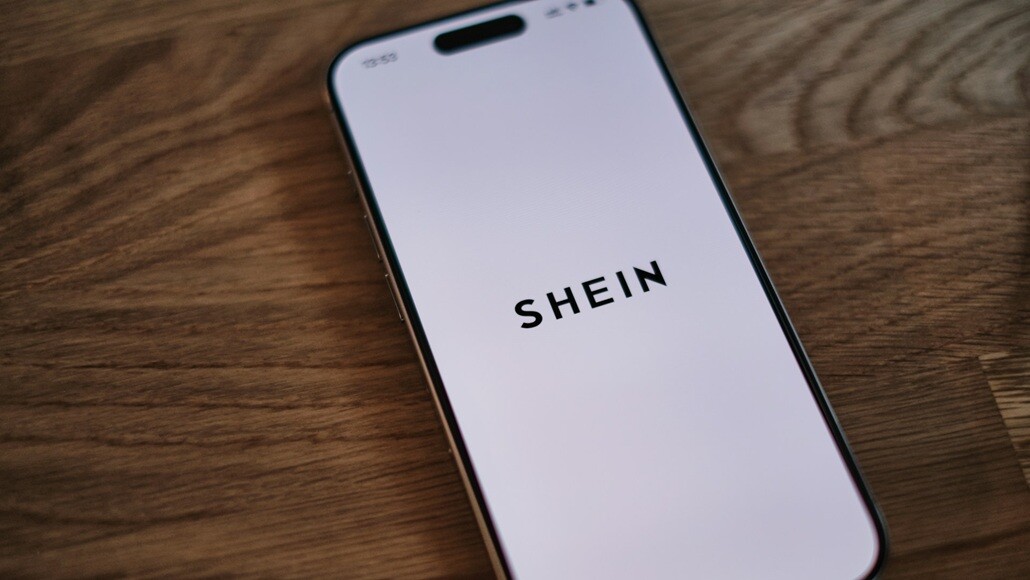France has imposed a substantial €40 million fine on fast-fashion retailer Shein following a year-long investigation that revealed the company engaged in “deceptive commercial practices.” The French Directorate for Competition, Consumer Affairs, and Fraud Prevention (DGCCRF), which oversees consumer protection laws, reported that Shein misled customers regarding price discounts and the validity of its environmental claims.
In a statement, the DGCCRF confirmed that Shein, a China-based entity owned by Infinite Styles Ecommerce Limited (IELS), accepted the penalty. This ruling follows a finding by the European Commission in May, which deemed Shein guilty of illegal commercial practices after a coordinated investigation with various national consumer protection authorities.
Investigators examined products listed for sale on Shein’s French website from October 2022 to August 2023 and discovered that 57% of items showed no actual price reduction, while 19% offered minimal discounts, and 11% even reflected price increases. “These practices, with their profusion of crossed-out prices and permanent promotions, give consumers the impression that they are getting a very good deal,” noted the DGCCRF.
According to French regulations, the reference price for discounted items must reflect the lowest price within the 30 days leading up to a sale. Apart from misleading pricing tactics, the French anti-fraud agency found that Shein could not substantiate the environmental claims featured on its website, where it characterized itself as a “responsible company” that reduces its greenhouse gas emissions by 25%.
French authorities asserted that these claims are inconsistent with the company’s business model, which relies on providing a vast array of textiles at low prices. In 2020, the fast-fashion industry was estimated to contribute 8-10% of global CO2 emissions.
Despite the significant fine, Shein has shown resilience amid growing public scrutiny in recent years. In January, UK lawmakers expressed outrage when the retailer declined to assure that its products were free of cotton sourced from the Xinjiang region of China, a region implicated in forced labor practices involving Uyghurs.
Furthermore, a 2024 investigation by the Swiss advocacy group Public Eye revealed that some workers in Shein factories were still logging 75-hour workweeks, even after the company pledged to enhance working conditions for its employees.

































